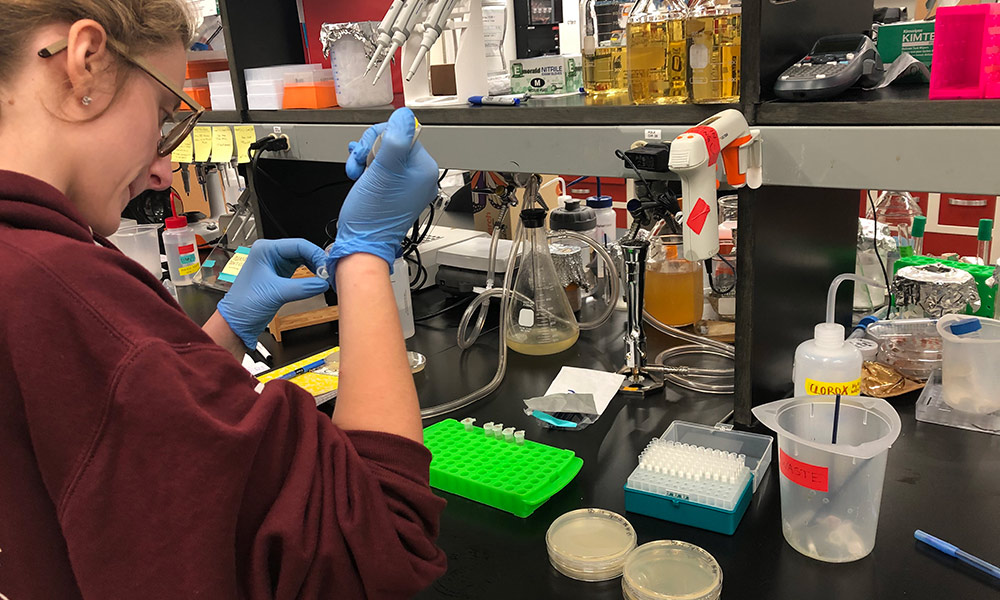Grand Challenges Scholars Program

In 2008, the National Academy of Engineering (NAE) established a set of fourteen Grand Challenges that engineers face to make progress toward a sustainable world - one that provides all people with more than just their basic needs and aspires to a higher level of living. The fourteen Grand Challenges range across disciplines and incorporate aspects of life ranging from the developing world to the developed world. It is crucial that future engineers acknowledge these challenges as pressing issues that need to be addressed.
The Grand Challenges Scholar Program (GCSP) is inspired by 14 broad problems facing society in sustainability, health, security, and knowledge. Solutions to these problems will require interdisciplinary teams and years of sustained effort.
Students must choose one of the 14 grand challenge problems to focus on for their participation in the Hajim School GCSP. The grand challenge you select must be at the heart of how you complete each of the individual components of the GCSP.
At the end of the experience, you will have a thorough understanding of the problem and insight into solutions for your selected grand challenge. Therefore, before graduation, you will need to compile a reflection on your participation in the Hajim School GCSP that addresses how:
- Your participation on the GCSP shaped your understanding of your selected grand challenge and the potential solutions
- The GCSP experiences have shaped your education and career trajectories
This reflection piece can be in the form of a 10‑15 page written reflection, or as a poster presented at the College’s annual spring Undergraduate Research Exposition.
Students who successfully complete the GCSP will be presented with a GCSP medal at the Senior Awards Ceremony during graduation week, which may be worn during commencement ceremonies.
